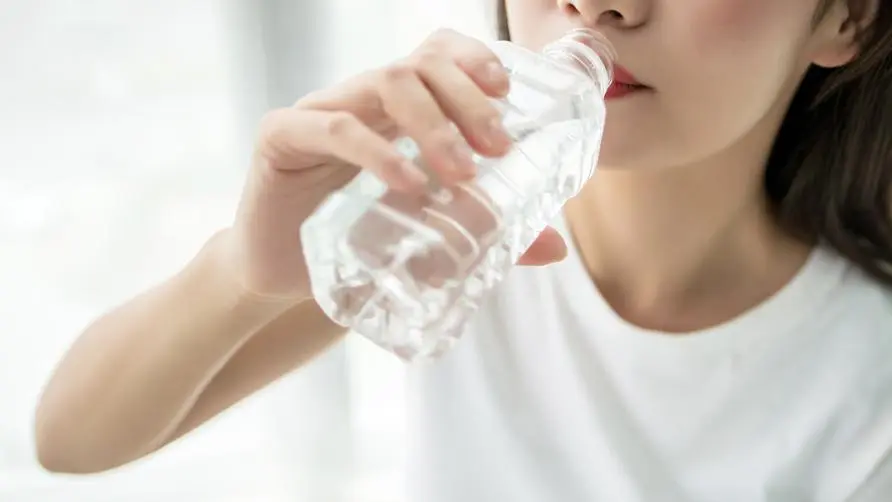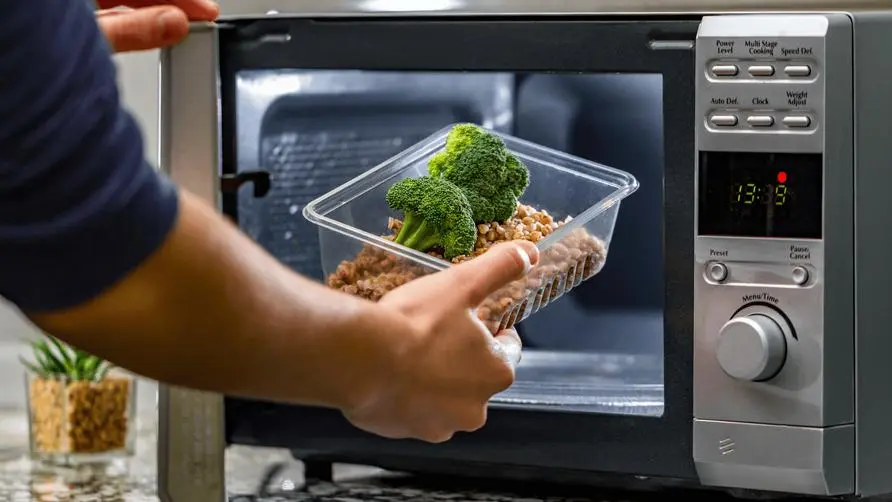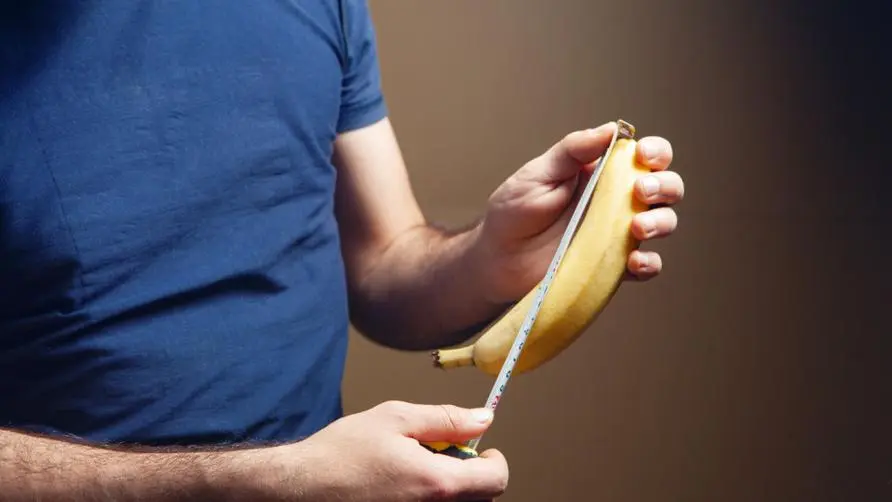Does drinking bottled water keep boys from growing up and girls from having premature puberty? Poison expert: Do not reuse PET bottles!

Drink plastic bottles with plastic bottles? Heating and repeated use can easily dissolve plastic particles
PET bottle products can be seen everywhere in daily life. Recently, there are rumors on the Internet that drinking PET bottle beverages will consume a large amount of plastic particles at the same time. The Taiwan Food and Drug Administration even issued a statement to clarify this. In addition, whether long-term purchase and consumption of PET bottled drinks will lead to exposure to excessive plasticizers is also a common food safety concern among the public.
Professor Zhao Mingwei from the Department of Biotechnology of Chung Yuan University said in an exclusive interview that currently common plastic products are roughly divided into two types, namely “PET” (polyethylene terephthalate, No. 1 plastic) and “PVC” (polyvinyl chloride, No. 3 plastic). PET is often used in plastic bottle products and has a wide range of heat resistance. It will not easily release plastic particles unless it is repeatedly used, corroded, overheated or exposed to high temperatures.
PVC is used in people’s livelihood items, such as water pipes, triangular cones, toys, etc. Professor Zhao Mingwei said that PVC is cheaper and easier to shape. It will undergo structural changes when exposed to heat, so it cannot be used to hold food. In addition, in order to prevent children from coming into contact with or accidentally eating toy products, the PVC materials used to make toys are mostly more heat-resistant and structurally stronger, preventing children from being contaminated by plastics during play.
Plastic materials are “everywhere”, inferior PVC and environmental hormones are threats
Professor Zhao Mingwei said that the plastic molecules in PET are small and cannot be absorbed by the human body. They are often excreted directly after passing through the gastrointestinal tract. If PET bottles are used normally, the plastic particles released are minimal and will have almost no impact on the human body, so there is no need to worry about plastic poisoning. However, low-quality PVC plastic is used in daily necessities. If it is touched by hands or accidentally eaten, it may still accumulate more plasticizers in the body.
In addition to the hidden concern of plasticizer leakage from PVC materials, “environmental hormones” such as chemical compounds, octane and dioxin emitted from factories are also a major threat to the body’s exposure to plastic pollution. Professor Zhao Mingwei said that plasticizers are everywhere in the air, and plasticizers may be attached to water and food in daily life. Theoretically, PET material does not add plasticizers, but if the bottle is contaminated by environmental hormones or harmful substances adhere to the bottle, the harm to health will be unknown.
Among plasticizers, “DEHP” is the most toxic? May cause stunted development and endocrine disorders in adolescents
Professor Zhao Mingwei said that the well-known negative effects of plasticizers are endocrine disorders and stunted development in adolescents. There are currently about 200 known plasticizers, 5 of which can have significant effects on the human body, of which DEHP (diphthalic acid) has the most serious impact. Ingesting too much DEHP will shorten the tail of sperm and lead to a decrease in male sperm quality. In addition, DEHP may also cause smaller male reproductive organs, female infertility, hormonal imbalance and precocious puberty. Excessive amounts of DEHP may indeed cause considerable harm to growing children and adolescents.
Professor Zhao Mingwei reminded that children are in the growing stage and should try to avoid using plastic products and have less contact with bottled drinks and hand-shaken drinks. High sugar content in drinks will not only make children obese, but if the plasticizers in inferior plastic containers unfortunately seep into the drinks, it will also have an impact on children’s physical functions.
If you have concerns about plastic products on the market, Professor Zhao Mingwei suggests that you might as well develop the habit of bringing your own eco-friendly cups and tableware, and use less plastic tableware, which can also help protect the environment. If you are worried about plasticizer residue, you can also test the levels of environmental hormones in your body by drawing blood, collecting feces, etc. You should seek expert assistance from a qualified medical institution.





